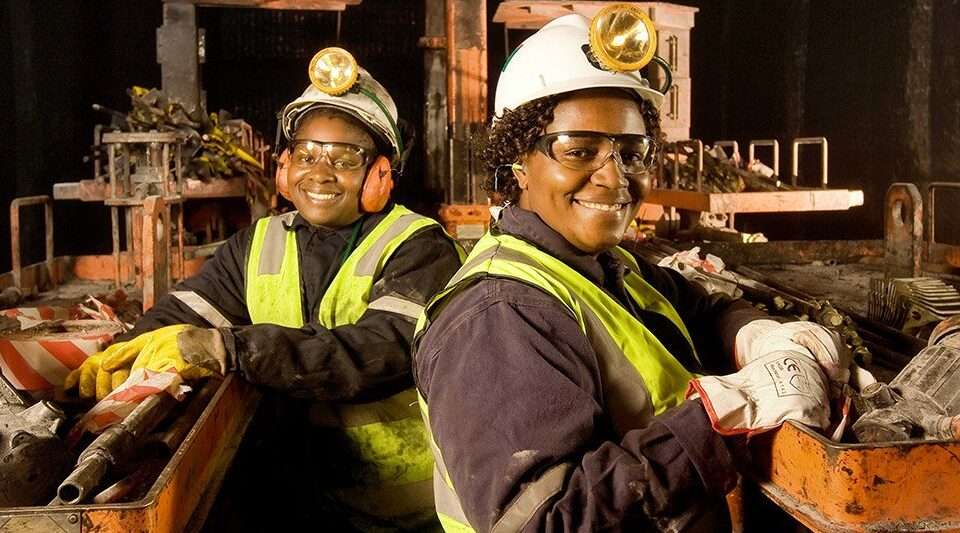A new study conducted by Women in Mining (WIM) Ghana in the large-scale mining sector in two regions of Ghana has revealed that over 50% of women in mining face discrimination and sexual harassment in their workplace.
Out of a total of 632 participants who were recruited to be part of the study in June this year, 544 of them were women between the aged of 18 and above.
This was revealed at a one-day validation workshop on gender mapping research conducted in the Eastern and Western regions with support from the Ford Foundation.
Speaking at the workshop, the project consultant, Dr Kenneth Bansah of the University of Missouri, said although Ghana has policies to deal with the issue, implementation still remains a major challenge.
“We looked at both the small- and large-scale mining sector and then we focused on Western and Eastern Regions. In the two regions, in the large-scale mines, our findings indicate that more than 50 percent of the women face discrimination and harassment, harassment here specifically means sexual harassment.
“In other jurisdictions where there are systems in place to address issues of harassment, we also have some in Ghana, but the unfortunate situation is that when people report issues of harassment, their superiors will retaliate against them, they may lose their jobs or denied promotion.”
Dr Kenneth Bansah
Special adviser to the Minister of Lands and Natural Resources, Ben Aryee, described the report as timely and apt.
“The report is apt. The reality is that addressing these issues will not happen overnight, it largely depends on sensitization. WIM would have to engage government and regulators, decision-makers and get them to appreciate the significance of the report and the findings. Once those in charge get to appreciate that imbalance, then in their planning they will take the decision to help address that imbalance.”
Ben Aryee
On her part, the President of the Women in Mining Ghana, Georgette Sakyi-Addo said her outfit will act on the recommendations by organising training and forums for its members to help address the menace.
“Unfortunately, the geographical area is just the Western and Eastern Region, but it is still good enough. We wish we could have done more areas… but with what we have right now, the next step is developing of a gender framework.
“Also, we will use some of the inputs to organise trainings and education for communities, as well as members of WIM, and the female workforce generally, we wanted to come from an informed position, so at least with this we have some scientific information to work with.”
Georgette Sakyi-Addo
The research study primarily focused on exploring the activities of women groups comprising women professionals, women entrepreneurs, and women living in ASM communities in the Eastern and Western regions of Ghana.
READ ALSO: Bank of Ghana Hints of Developing Framework to Regulate Crypto Currencies in the Country























